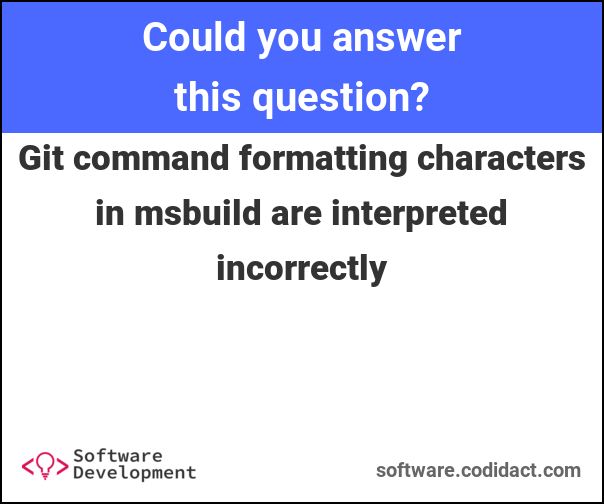Should I signal completion of a decision point in an interactive novel?
In my visual novel (an interactive, narrative-based video-game), I have a detective character who decides whether he believes interviewees controlled by the player.
The detective doesn't explain his reason but it's buried in the choices. The reader can't anticipate which choice-combination will convince him (choices might reveal a clue unwittingly, said clue becoming important later). The reader can make a suspect helpful or aggressive, but they won't know what makes the detective sympathetic or suspicious. The player's choices therefore impact the story, but only indirectly.
It feels like I need to emphasize that SOMEthing has been determined by the interview, but the detective is sly and does not always reveal his thoughts to the suspects/interviewees. I have the option to signal the reader non-diegetically that the detective has made a determination. In other words, I can signal the mystery's progress outside of the on-going dialog and other in-story elements (for example, Telltale's "Mr Toad will remember this").
The downside is that this means the story is sort of letting out a WHOOP WHOOP but not explaining it. It's telling, not showing.
I can integrate it diegetically (in-story), as a "power" of the detective (it is an occult world) that he invokes at the end of every interview, so it could be integrated thematically, but it's still a gimmick that draws attention to itself without having a clear pay-off. The detective has determined something, but the reader isn't sure what.
The signals are not necessary to "win." in fact without the signal the reader probably wouldn't realize the story has passed judgement. It is purely to draw attention to itself. The flaws of the interview may or may not be explained, depending on later branches to the story.
Is a non-diegetic signal from the story engine goofy and distracting (breaking the 4th wall)? Or does it re-enforce the idea that choices matter, even if you have to trust me that the choices matter?
EDIT: It's probably no surprise that my Interactive Fiction community says yes, the signal is a good idea but should be vague and subtle. The comments and answer on WritingSE says no, it should just emerge through the story.
This post was sourced from https://writers.stackexchange.com/q/42617. It is licensed under CC BY-SA 3.0.
1 answer
In works that aren't strictly visual novels, where players/readers might not expect their choices to matter, then visual indicators work well to remind them that yes, the choice they just made will affect something. But in visual novels, the concept of "every choice matters" is pretty much a given, so it would be distracting.
Since you appear to be writing an occult detective mystery, I'd say that not telling the player what kind of effect their choice had (or whether it had an effect at all) would work well. But if you do want to provide some kind of feedback about whether you've convinced the detective or not, you could have him stand up at the very end of the interview, get to the door, then turn back and say something like:
You know, between you and me... I don't believe a word you just told me.





















0 comment threads